Hacking Chengdu: Activating New Urban Development in China, Spring 2020

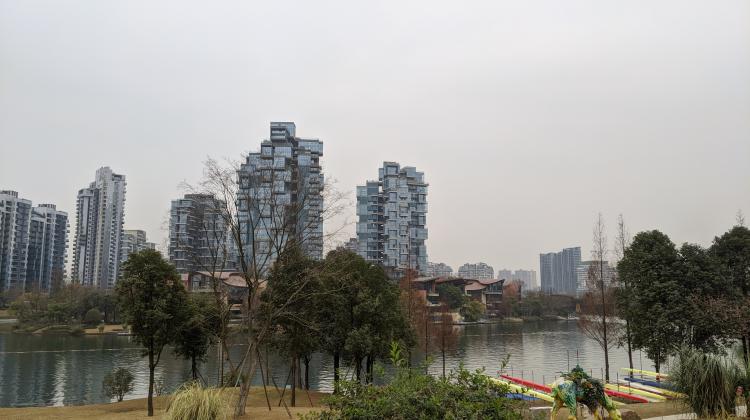

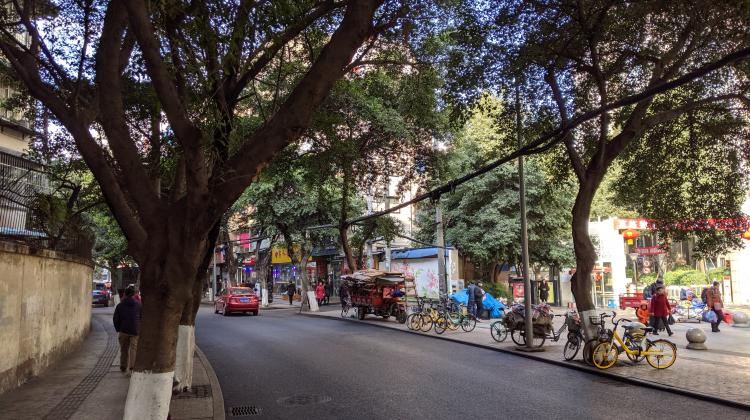







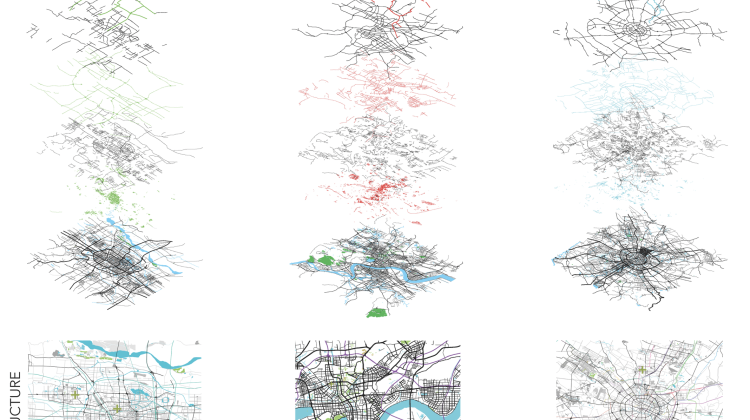
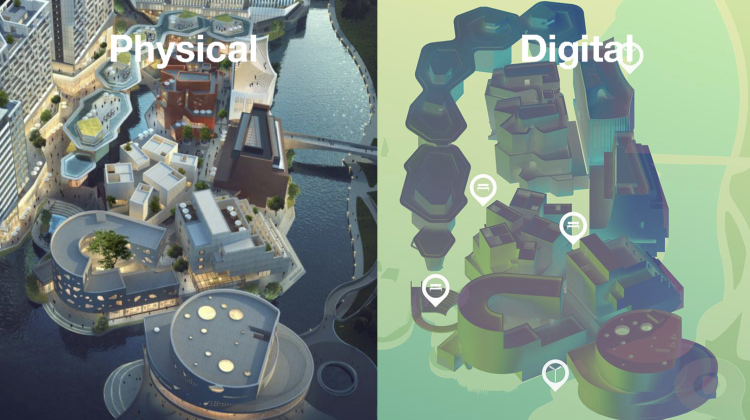
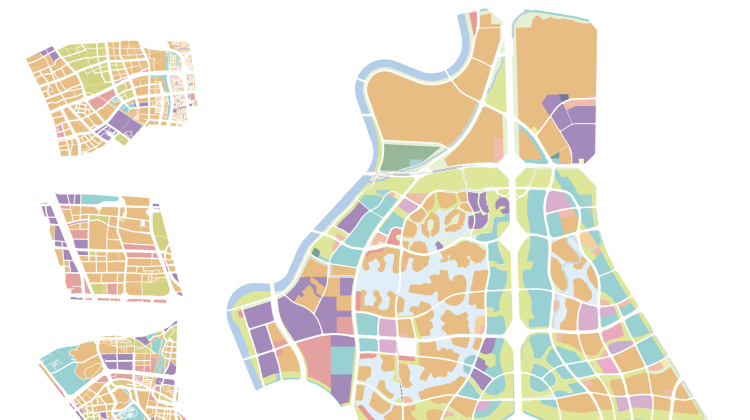
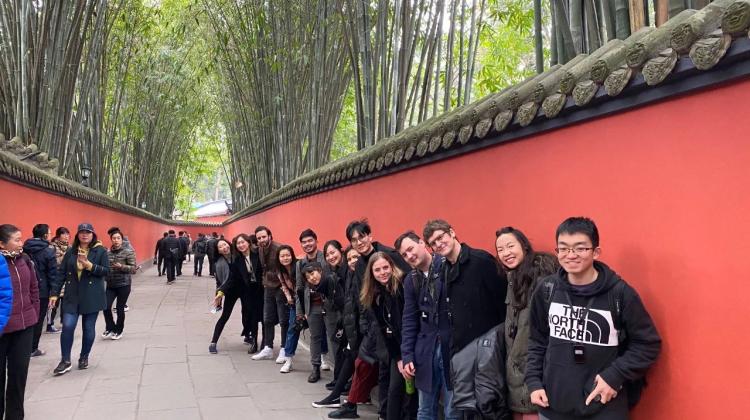
Chengdu is a dynamic city located in Sichuan, China. The city’s economy is rapidly transitioning to the service sector and the information economy dominates economic activity. The Luxelakes Eco-City is a 1400-acre new town integrating residential, business, recreation and entertainment areas in a rehabilitated lakeside environment. Considering Sichuan’s lack of ecologically grounded developments, the new Eco-City offers a new alternative to city dwellers and a new paradigm of future city development in China. The Hacking Chengdu design workshop, created in partnership with the China SA+P student organization, offered an opportunity for MIT DUSP and Architecture students to collaborate in generating hybrid physical and digital solutions for activating this new urban neighborhood.
A two-week fieldwork and research occurred in China in January 2020. After a field visit to Shanghai, workshop participants traveled to Chengdu, where they surveyed the city to provide a regional study and “interrogation” of Chengdu, addressing the city’s urban form and morphology, architectural interventions, demographics, socioeconomic framework, transportation & access, climate change and environmental adaptation and quality, sustainable growth, and social understanding through civic media. The group met with numerous local stakeholders. Students also engage in conversation and knowledge-sharing with Chinese leading companies on three overarching themes – City (Re) Development, User Experience, and Urban Data Analytics.
During the spring semester, students conducted independent work either individually or in teams. The topic for this work was open but related to the course project of activating the Luxelakes development in relations with Chengdu urban dynamics as developed by course participants. Weekly meetings and presentations provided a forum for student design proposals for the end of semester, Spring 2020. The results of the design workshop are published in the website Hacking Chengdu.


